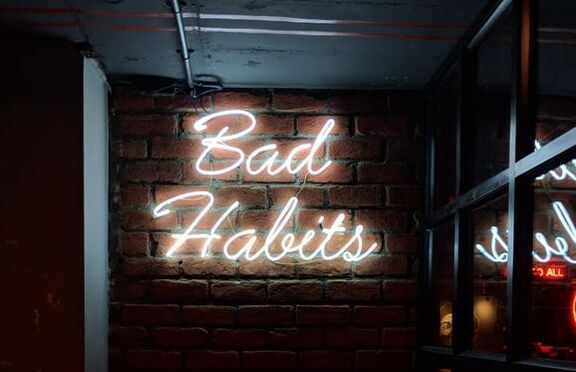Bad Habits: Definition, Examples, and How to Break ThemBy Tristan Williams, Ph.D.
Reviewed by Tchiki Davis, M.A., Ph.D. We all have habits, but what makes one good or bad? How do we change them? In this article, we’ll discuss what bad habits are and how to break them.
Habits can be hard to break once they become deeply wired in our brain after many repetitions, but there are ways to change them.
In this article, we’ll go through the definition of bad habits, how to spot and identify them, and ultimately, how to replace them. Before reading on, if you're a therapist, coach, or wellness entrepreneur, be sure to grab our free Wellness Business Growth eBook to get expert tips and free resources that will help you grow your business exponentially. Are You a Therapist, Coach, or Wellness Entrepreneur?
Grab Our Free eBook to Learn How to
|
Are You a Therapist, Coach, or Wellness Entrepreneur?
Grab Our Free eBook to Learn How to Grow Your Wellness Business Fast!
|
Terms, Privacy & Affiliate Disclosure | Contact | FAQs
* The Berkeley Well-Being Institute. LLC is not affiliated with UC Berkeley.
Copyright © 2024, The Berkeley Well-Being Institute, LLC
* The Berkeley Well-Being Institute. LLC is not affiliated with UC Berkeley.
Copyright © 2024, The Berkeley Well-Being Institute, LLC





